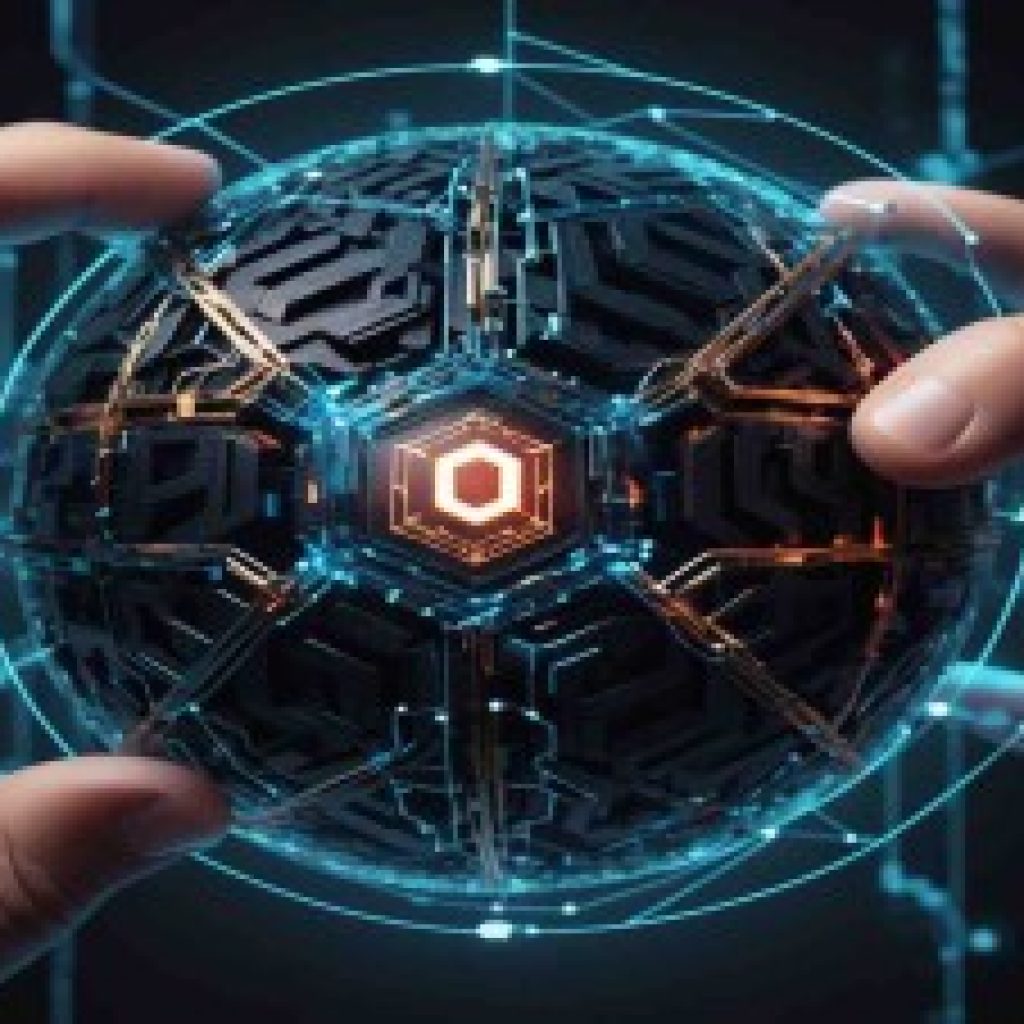Many people in developed nations overlook how the internet has allowed them to advance as a society. In places without the internet, access to basic services like banking, education, and healthcare remain sparse and expensive. With a high barrier to entry, many are left unbanked and left out of opportunities to connect to the global economy.
Sub-Saharan Africa suffers from a lack of properly developed, up-to-date internet services. In 2019, only 0.58% of Sub-Saharan Africans had broadband access and in many places, internet penetration remains low even today, as access to the internet is becoming increasingly affordable in other places. Due to rapid construction without a plan in place for creating a connectivity infrastructure, underground cables are near non-existent and are now exceptionally difficult to build. On the coastline, urban areas have access to oceanic fiber optic cables, but inland remains a challenge for hardware-connected broadband internet access.
The solution to this problem is wireless internet, with wireless meshing that can cover vast land areas with little hardware infrastructure. When connecting Africa, the ability to quickly deploy internet access with affordable technology has the potential to change the continent rapidly.
Even though wireless internet is the solution to these issues, mobile towers in Africa are woefully out of date, limited near completely to 2G and 3G hardware. This means that while 73 out of 100 users have a cellular connection, only 20% of those have proper internet access. This limited connectivity severely limits the ability of African citizens to connect to the global economy. Beyond participating in the global economy, it limits access to services like education and healthcare that could save lives and empower the next generation of creators.
Banking is very limited in Africa, both on the ground and online. In 2022, 57% of Africans reported not having any sort of banking account, whether digital or on the ground. Of those with banking services, 40% preferred digital transaction processes, which strongly desired the market for online banking. Providing internet services is the first step to solving this issue for Sub-Saharan Africans.
Blockchain presents opportunities to both connect individuals to the internet and enable them to bank using decentralized finance, with companies like 3air at the forefront of the change. The barrier to entry for DeFi is low, and without an intermediary, there are few fees associated with peer-to-peer transactions—assuming these services are held on the right blockchain network. High throughput networks like the SKALE blockchain enable a limitless throughput of transactions per second with zero gas fees for the end-user. In places where fees associated with banking could determine whether people have access to it all, a blockchain with low or no gas fees is vital.
Access to the internet can be provided through NFTs, enabling users to own their data and have complete control of their subscriptions. These NFTs will empower African users by giving them ownership of their subscriptions. The Web3 internet will connect millions of disenfranchised individuals to the global economy for the first time. This will enable GDP growth like never before in African nations that have struggled to compete with developed nations around the globe. Today, when much of the economy is online, access to these services is a vital part of life.





